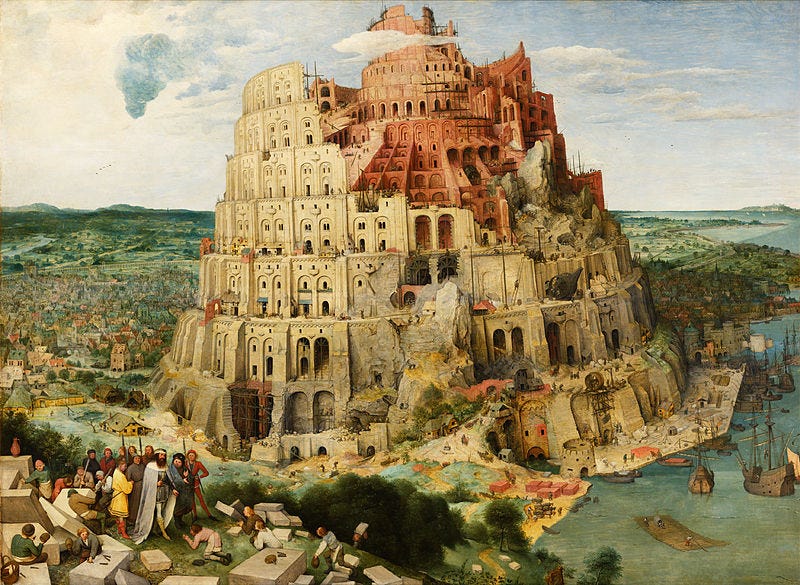We Need A Better Language
For thousands of years, communication has been done almost exclusively through natural languages. Today, a lot of communication is done through apps.
Apps are like mini-languages designed to communicate a very specific set of ideas. They’re interactive and force you to express coherent and unambiguous thoughts. Because apps are working with unambiguous data, a part of the communication process can be automated. For example, someone that has apples can be automatically connected to someone that needs apples. Unlike natural languages, apps can also infer meaning based on context and history, which reduces verbosity.
The problem with apps is that they’re too limited. They won’t let you communicate things they were not explicitly designed to handle. For example, you can use Uber to move a person from A to B, but you can’t use it to move food from A to B. For that, you’ll need UberEATS, a dialect of Uber. Want to move a package from A to B? Use UberRUSH, another dialect of Uber. Want to move your dog from A to B? You’ll need to wait for UberPETS, or convince investors that your new pet-moving language will change the world.

After learning thousands of these languages, you realize they’re all very similar. Although they have different lexicons, they all share very similar grammar rules. Do we really need so many different languages? Why can’t we use a single language for everything? Many people use English as their only natural language. Why can’t the same be done with apps?
Apps are what happens when you apply software to a specific set of sentences. We’ve learned that it works. Now, it’s time to apply software to an entire language. We don’t need more apps. We need a better language.
